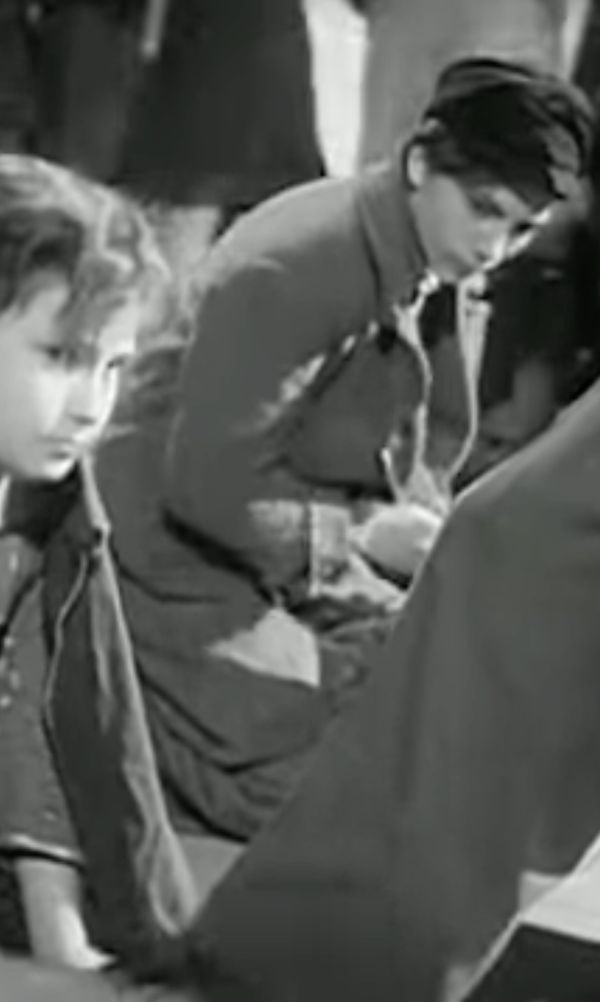Face to the Person, Father in relationship
Mt 18:1-5.10.(12-14)
The Gospel passage dictates the line of the entire ecclesial discourse of Mt (18:1-35).
The key term in vv.1-5 is «paidìon» - diminutive of «pàis» - which stands for the shop boy, the little one between 9 and 11 years of age, who also at home had to provide immediately, after every command received.
Jesus crushes the ambitions of greatness of his craving disciples, who would like to seize him and put him on a leash.
The model of the Kingdom is not the commander, but the servant; the one who does not act with a common mindset, out of a spirit of self-interest or promotion.
It is not a sin to desire to give meaning to one's life, but there is a reversal: 'greater' is the 'lesser' - he who does not covet pre-eminent places, remains humble in feeling, condition, and position.
The overt importance is a deception: the true “greats” of the church community do not belong to the world of the perfectly installed, who come forward, who know who to lean on, and thus know how to impose themselves.
From v.6 the author speaks of «mikròi»: the voiceless. They are those who have no weight.
These “little ones” are «tiny ones» who have heard of the spirit of communion that exists between sisters and brothers of Faith…
They would like to experience the benefit of this new Way without mortifying pretensions, a solicitous way to recovery...
They try to begin, but sometimes they shy away from it, fatigued by improper situations.
Jesus displaces us: the 'outcasts' are the only ones who make us shout for joy, and they are worth more than the whole flock of habituals (vv.12-14).
The Recall also applies to us: it is precisely in the isolated, lost and seemingly most insignificant people that the flowering of large spontaneous content is particularly lively..
In them lurks the Sap that regenerates the world, and the Newness of God is revealed [who also wants to guide us today in our vocational and social exodus].
In short: fixed ideas condition life and do not allow the inner organism - psychic and spiritual - to feed on transparent (unprejudiced) truths and sincere feelings, which would like to give us breath.
Freeing oneself from the usual ways of going about things, dissolving prejudices and schematic beliefs, would allow one to break the chains that hold back the faculties, opening up other views.
In fact, the solution to the complications that suffocate the soul and the experience of the fullness of being we seek is not external, but inherent in our own question.
In biblical language, the figure of the Angel (v.10) expresses God Himself in dialogue with the personal soul; His Presence in us, in situation - and here our paradoxical fruitfulness.
The Angel is our own eminent and total Self, who knows how to retrieve opposites, who grasps secrets, suggests, guides; he knows our unique versatility, and in this way knows where to go.
Thus, authentic life is shrouded in Mystery, even in the step-by-step.
Our existence is not all in the circle of visible achievements, apparent affirmations, and material, trivial things, more or less at hand.
Life if complete introduces us into the Calling by Name that leads to fulfilment and blossoming, opens us to the Relationship that counts.
To internalize and live the message:
Why do you think Jesus speaks of Angels in heaven, and Joy in reference to the one sheep?
[Tuesday 19th wk. in O.T. August 13, 2024]












